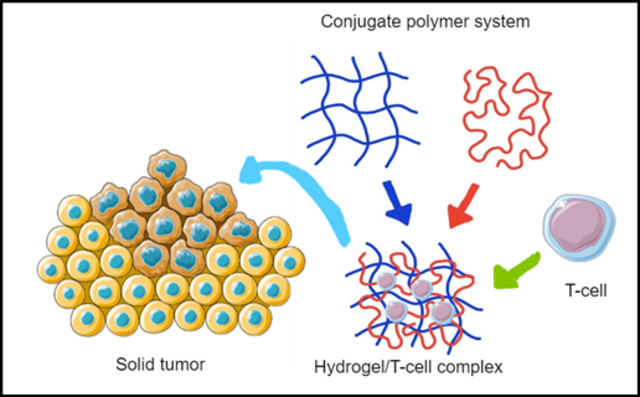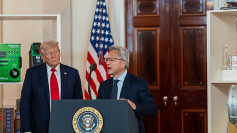The U.S. Food and Drug Administration (FDA) has issued a stern warning regarding a groundbreaking cancer treatment, CAR-T therapy, citing an increased risk of secondary cancers. This warning has prompted a mandate for the strongest safety label, known as a boxed warning, to be added to the prescribing information of this innovative treatment.
CAR-T, or chimeric antigen receptor T cell therapy, represents a significant advancement in cancer treatment. It involves reengineering a patient's immune cells to target and destroy cancer cells. Particularly effective in treating blood cancers such as leukemia, multiple myeloma, and lymphoma, CAR-T therapy has been hailed as a game-changer in oncology. Its success rates have been impressive, with upwards of 90% in cases previously deemed untreatable. The FDA's approval of the first CAR-T therapy, Novartis' drug Kymriah, in 2017 marked a watershed moment in cancer treatment.
Despite these remarkable achievements, the FDA's recent action underscores a concerning aspect of this therapy. Carly Kempler, a spokesperson for the FDA, reported that the agency had received 25 cases of rare blood cancers in patients who had undergone CAR-T therapy. This decision to update the labels is rooted in these reports and findings from two abstracts published in the journal Blood, which cited potential cancer risks associated with the treatment.
The FDA's move has elicited responses from both the medical community and the drug manufacturers. Bruce Levine, a professor in cancer gene therapy at the University of Pennsylvania, noted that these reports likely "forced the FDA's hand" in updating the safety labels. Dr. Matthew Frigault, clinical director of the Massachusetts General Hospital Cellular Immunotherapy Program, emphasized the need for further investigation: "We actually don't know whether this is causal...but more that there may be an association."
In response to the FDA's directive, the makers of the drugs, including Bristol Myers Squibb, Gilead Sciences' Kite Pharma, Johnson & Johnson's Carvykti, and Novartis, have been instructed to revise their labels to reflect this potential risk. While Novartis has stated it has not found "sufficient evidence" to support a link between its treatment and cancer, the company has agreed to update its label "appropriately."
The concern centers around the possibility of CAR-T therapy contributing to the development of secondary cancers, particularly those involving T cells. Despite this risk, the FDA maintains that the benefits of CAR-T treatments outweigh the potential risks. Dr. Saad Usmani, a myeloma physician and cell therapist at Memorial Sloan Kettering, concurred, noting that the risk of secondary cancers is also present in other cancer treatments like radiation and chemotherapy.
Experts agree that while this revelation may necessitate more cautious approaches, it is unlikely to significantly alter current medical practices. Dr. Marcela Maus, an associate professor of medicine at Harvard Medical School, pointed out that managing the existing cancer remains a priority, and this new information would not drastically change treatment protocols.
This development in CAR-T therapy reflects the intricate balance between groundbreaking medical advancements and the ongoing vigilance required to ensure patient safety. As CAR-T therapy continues to evolve and treat more patients, the medical community and regulatory agencies will need to maintain a close watch on both its remarkable benefits and potential risks. The FDA's action serves as a reminder of the complexity inherent in pioneering medical treatments and the need for continuous monitoring and adaptation in response to emerging data.





